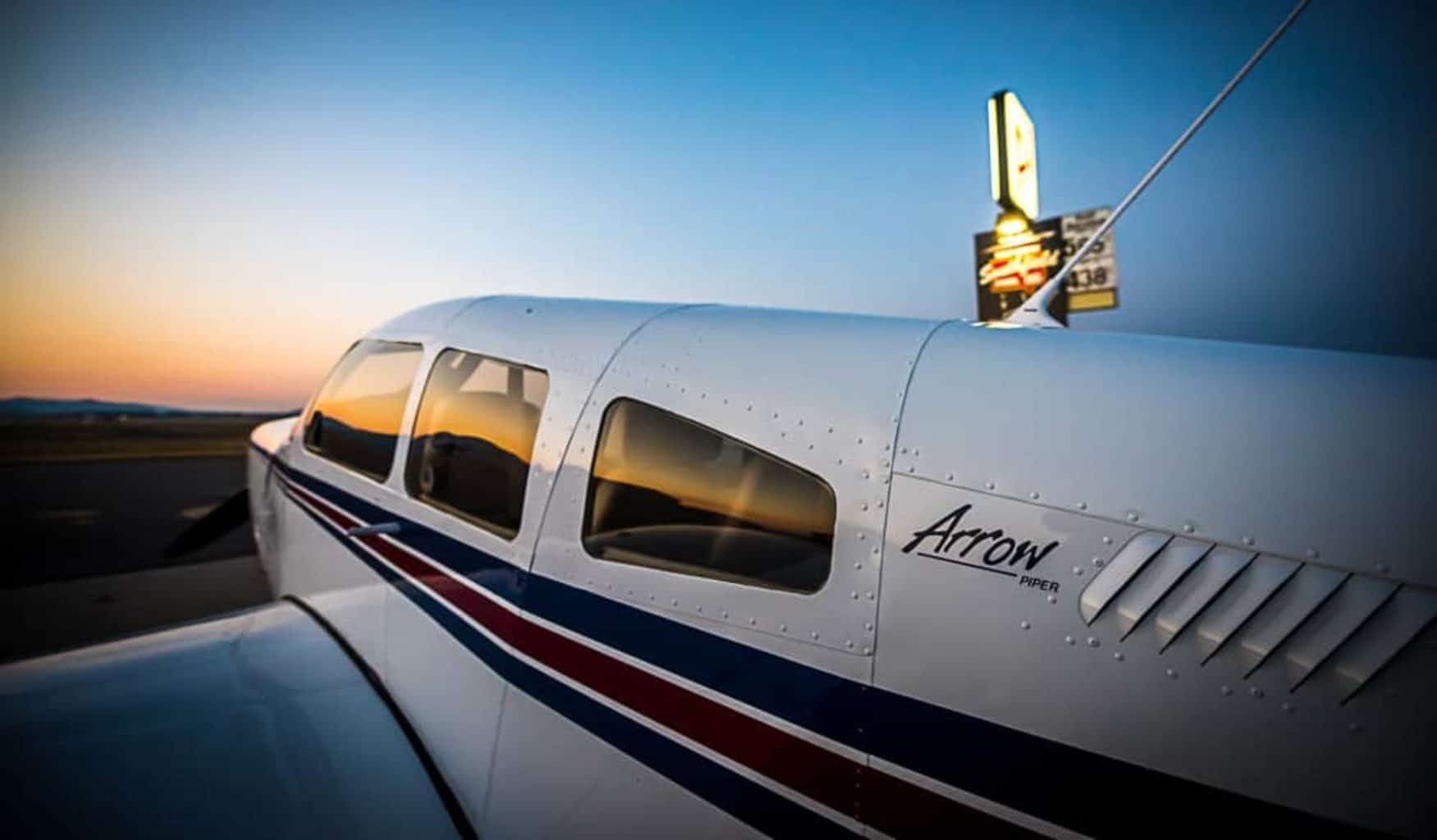In order to maximize your time in the cockpit, you will have to spend a certain amount of time outside the plane’s cockpit studying. The ideal study program is to enroll in a online pilot ground school course. The more hours one spends working on their flying on the ground, the better they can use their time in the air. Besides simulator time, chair-flying, “aviation immersion,” and home study, both pre-flight and post-flight ground instruction can also serve to advance the value of your flight lessons. This has the advantages of having a professional instructor besides offering facilities and training aids designed for student pilot instruction. Palm Springs Flying School uses audiovisual aids and programmed instruction materials in order to supplement classroom instruction.
Steps Involved in Pilot Ground School
When is the ideal time for a primary student to undertake pilot ground school work? Before beginning flying lessons? Simultaneously? Or after attaining the basic skills mastered? We agree that the best option would be a syllabus which integrates ground school lessons with flight lessons, so that ground school material can be put into immediate practice.
The training program is organized and prepared from a flight syllabus, as we prefer both flight and ground school training be done concurrently. This helps the student pilot grasp the practical application of what they learn and reduces rote memorization. Most of our students thus graduate having fewer flight hours, and, as a result, spend the least money to certification. Most professionally written, commercially available syllabi (Jeppesen, Cessna, etc.) use this technique (pilot ground school is concurrent with flight instruction) and our instructors use it as designed.
The pilot ground school will cover a broad range of subject topics necessary in learning how to fly. This is an FAA-requirement of the Pilot Licenses and offers you the indispensable information and tools that are necessary for you to succeed on the FAA written exam but more notably, gives you the skill-sets and confidence that are required each time you fly. Aeronautical knowledge includes diverse and interesting topics like FAA regulations, how the systems of the airplane you’re flying work, aerodynamics, principles of navigation, what weather to avoid, stall/spin awareness, incident/accident reporting requirements and aeromedical factors.
The process of obtaining a pilot’s license, whether private or commercial is governed by the FAA. What do you need to know regarding aviation to pass the private pilot test? The answer is offered by FAR (Federal Aviation Regulations) 14 CFR Part-61 Section 105 (this’s the US regulations of course, but these requirements are also similar in other countries). Analyzing this text, the knowledge requirements for private pilots can be broadly split into the following 5 areas:
You need to know about:
- The aircraft – The systems that are part of it and how they function.
- Rules of flight, sometimes referred to as Airmanship.
- Aeronautical Navigation.
- Meteorology or Weather.
- The Aviation Regulations.
Once you complete the pilot ground school, you’ll obtain a letter of recommendation for you to take the FAA knowledge exam.
We will help you decide what you want to fly. FAA’s regulations for obtaining a pilot’s certificate (license) differ depending on the aircraft type you fly. You can pick among gyroplanes, helicopters, gliders, airplanes, airships, or balloons. If you are interested in flying ultra-light vehicles, you do not need a pilot’s license. Training for the commercial pilot license is not all that different from your private pilot license. The difference is in the tolerances you are going to be held to. Not only will the training cover all of the FAA mandated subject-material for the Commercial Private Pilot, we’ll also take an indepth look at the issues related to safety and operations. The FAA requires that you pass a knowledge exam covering these subject fields.
For optimum benefit, we recommend that the knowledge test be done after the student pilot has completed a solo cross-country flight. This is because the operational knowledge gained by the experience can be used to gain in the knowledge test. We have access to computer testing centers that have been certified for administering FAA knowledge tests.
Palm Springs Flying School training is fun and engaging and offers a unique method of conveying aviation knowledge directly to you. This ensures that you master all of the flying information you will require to be a competent, safe pilot as well as pass your knowledge test with confidence.
Advantages:
- Complete flight training.
- Learn at your own pace.
- Hangared Airplanes
- Discounts for block time and time builders.
- Hangar Space Rentals.
- Plane Sales.
- Plane rentals: Hourly, Daily, Weekly, Monthly.
